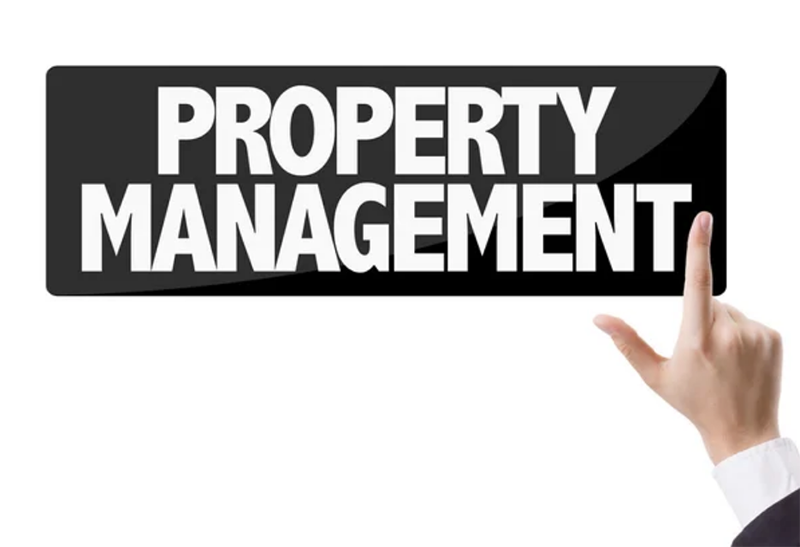The Golden State, known for its diverse landscapes and booming real estate market, offers immense opportunities for aspiring property managers. California’s dynamic housing sector demands a thorough understanding of property management, especially for those just stepping into this field. This guide aims to shed light on the various facets of property management in California, guiding beginners through the essentials of leasing, licensing, rent setting, and more.
Understanding Property Management in California
Property management in California involves overseeing residential, commercial, and industrial real estate, ensuring that these properties are well-maintained, occupied, and profitable. It’s not just about finding tenants; it’s about creating a harmonious balance between tenant satisfaction and maximizing income for property owners.
Types of Property Management
- Residential Property Management: This includes managing houses, apartments, and condominiums. It focuses on dealing with individual tenants and their needs.
- Commercial Property Management: Managing office buildings, shopping centers, and industrial properties falls under this category. Here, the focus is more on business-to-business relationships.
- Vacation Rental Management: With California’s thriving tourism, managing short-term vacation rentals is a lucrative area, requiring a unique approach to accommodate transient guests.
Leasing Essentials
Leasing is a critical component of property management. It involves marketing the property, conducting background checks on potential tenants, preparing leasing agreements, and ensuring compliance with state and local laws.
Licensing Requirements
In California, anyone who engages in property management activities (like renting and leasing) must have a real estate broker’s license, as per the California Department of Real Estate. This requirement ensures that property managers are knowledgeable and adhere to legal standards.
Setting the Rent
Determining the right rent is crucial. It must be competitive yet profitable. Factors to consider include location, property size, amenities, and market trends. Familiarity with California’s largest cities like Los Angeles, San Francisco, San Diego, and San Jose is vital, as the rental market greatly varies across these urban landscapes.
Duties and Responsibilities
Property managers in California wear many hats. They are responsible for marketing properties, screening tenants, managing lease agreements, maintaining and repairing properties, and adhering to landlord-tenant laws. Staying abreast of legal requirements, including those related to safety and fair housing, is essential.
Collecting Rent
Property management involves a structured process for collecting rent from tenants, which is a crucial aspect of maintaining cash flow and ensuring the financial stability of the property. Here’s an overview of how rent collection typically works and where the money goes:
Rent Collection Process
- Setting Rent Payment Terms: The property management sets clear terms for rent payments in the lease agreement. This includes the amount of rent, due date, and acceptable payment methods (such as online payments, checks, or direct deposit).
- Providing Payment Options: To facilitate timely payments, property managers often offer various payment options. Online payment systems are popular due to their convenience for both tenants and managers. Some might still accept traditional methods like checks or money orders.
- Sending Reminders and Invoices: Before the due date, property managers might send reminders to tenants. Some use property management software that automatically generates and sends rent invoices and reminders.
- Collecting Rent: Tenants make payments using the agreed-upon method. Property managers monitor these payments, ensuring they are received on time.
- Handling Late Payments: If a tenant fails to pay rent on time, property managers follow the procedure outlined in the lease, which usually includes late fees and notices. If necessary, they may start eviction proceedings, but this is typically a last resort.
- Recording and Managing Finances: All transactions are meticulously recorded for accounting purposes. Property managers maintain records of all payments, late fees, and other financial transactions related to the property.
Where the Rent Goes
- Property Owner’s Account: The collected rent is primarily directed to the property owner’s account. Property managers may first deduct their management fees (which is a percentage of the rental income or a fixed fee agreed upon in their contract with the property owner).
- Property Expenses: A portion of the rent might be allocated to cover property-related expenses. These can include maintenance and repair costs, property taxes, insurance premiums, and any mortgage payments on the property.
- Reserve Fund: Some of the rental income may be set aside in a reserve fund, which is used for significant repairs or capital improvements in the future.
- Reinvestment: Property owners might choose to reinvest a part of the income into the property, such as upgrades or renovations, to increase its value and appeal.
In summary, the rent collection process in property management is a systematic approach that ensures timely payments, maintains financial records, and directs the rental income toward the property owner’s account, property expenses, reserve funds, and potential reinvestment. Efficient rent collection is vital for the financial health of the property and the satisfaction of both owners and tenants.
Property Management
Stepping into the world of property management in California can be both challenging and rewarding. Understanding the diverse types of properties, mastering the leasing process, complying with legal requirements, and effectively managing tenant relations are the cornerstones of successful property management. With dedication and the right knowledge, beginners can navigate this dynamic field and carve out a successful career in one of the nation’s most vibrant real estate markets.





